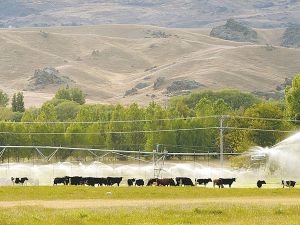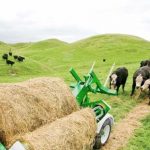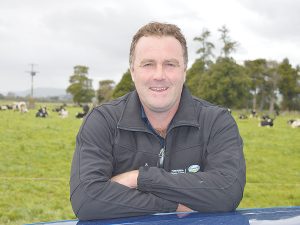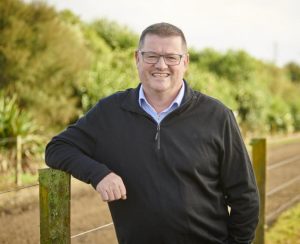
Kim Grayling, liaison officer for Grassroots Dairy Graduate Management Programme, says the perception of the industry isn’t helping make it seem suitable or appealing to university graduates.
“Rural professional jobs such as banking, fertiliser reps appear more glamorous to a student when a car, phone and uniform are part of the salary package, while dairying remains unattractive due to perceived poor pay, work/life balance and stigma around dairying
Grayling says the programme, to run next year, seeks to challenge those perceptions, and demonstrate that for graduates who are ambitious and hardworking, the dairy industry can provide considerable reward
She says that for some it could provide the opportunity to become their own boss and participate in dairying leadership roles within a short amount of time.
She says a recent Federated Farmers/DairyNZ Farm Confidence Survey showed that 48% of respondents found it harder to recruit skilled and motivated staff.
“Continued immigration restrictions from the pandemic are still exacerbating the problem, although some limited border exemptions have been allowed for ‘essential’ highly skilled workers.”
Grayling says that estimates from DairyNZ put the shortage at approximately 2,000 to 4,000 workers.
The programme itself seeks to have successful farmers mentor graduates in order to show that whilst there are essential tasks to be undertaken, continued focus on the big picture can lead to great rewards.
“We expect our programme will provide graduates with a unique skill set and professional network which will fast track them into management roles then self employment, if they choose to continue their career in the dairy sector,” says Grayling.
Throughout the 44 week programme – which will start in February 2022 and finish in November of that year – graduates will attend and complete tailored modules, designed to fast track their professional development in dairying.
Grayling says the programme aims to expose graduates to the management and ownership decisions and aspects of a dairy business from week one.
Currently, six farmers are prepped and ready to take on graduates taking on the programme in 2022 and Grayling says the programme hopes to find high calibre applicants for each farmer.
“We are very conscious that we want to do this right the first time so we have decided to cap it at six graduates to six employers for the 2022 intake,” she says.
She adds that while the programme isn’t seeking additional employers at the moment, they think a successful 2022 programme will lead to the expansion of network farms in the future.

























